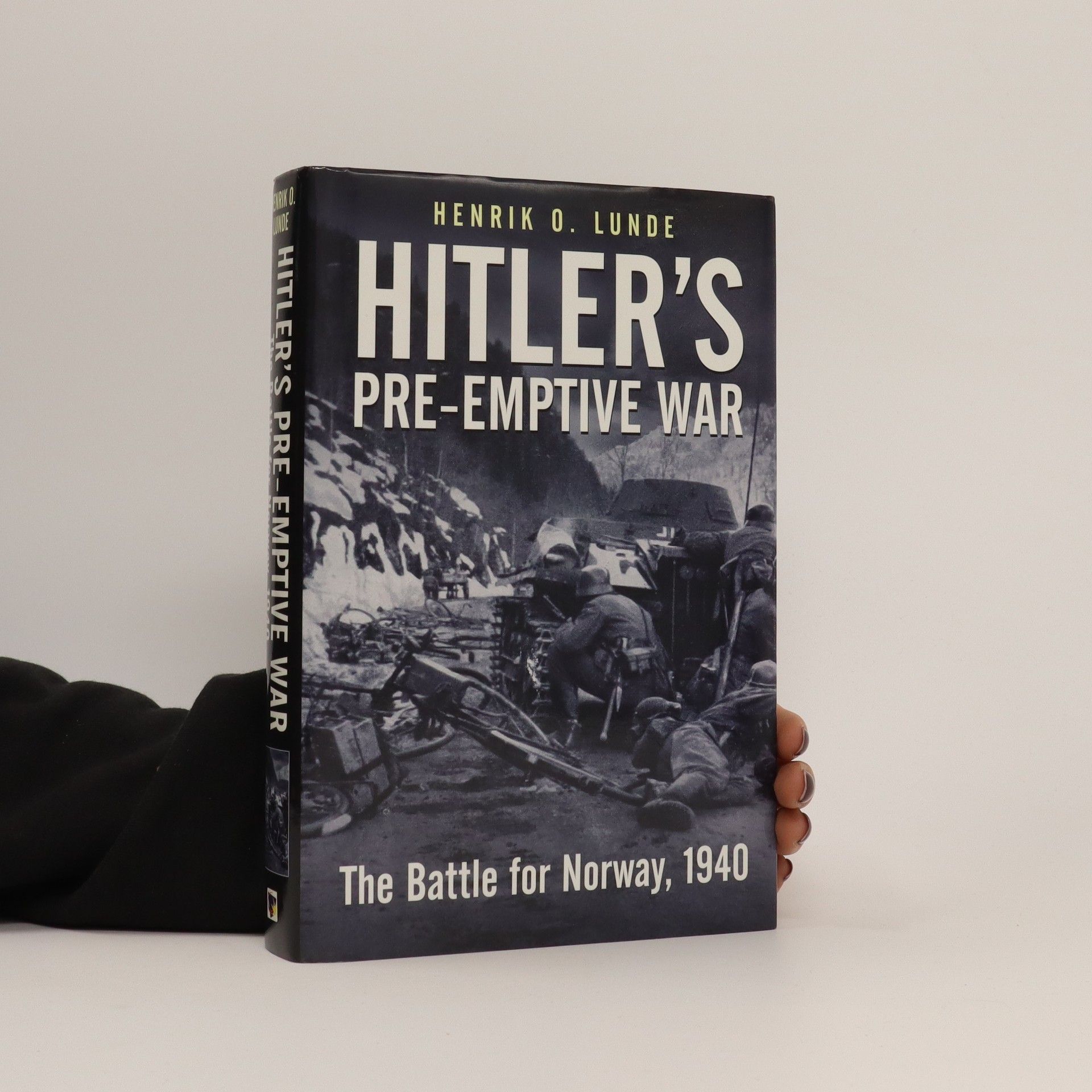Hitler's Pre-emptive War
- 590 Seiten
- 21 Lesestunden
A thorough examination of one of history’s revolutionary campaigns . . . After Hitler conquered Poland, and while still fine-tuning his plans against France, the British began to exert control of the coastline of neutral Norway, an action that threatened to cut off Germany’s iron-ore conduit to Sweden and outflank from the start its hegemony on the Continent. The air, airborne, sea, amphibious, infantry, armor and commando aspects of this brief but violent campaign are here covered in meticulous detail. Henrik Lunde, a native Norwegian and former U.S. Special Operations colonel, has written perhaps the most objective account to date of a campaign in which 20th century military innovation found its first fertile playing field.

